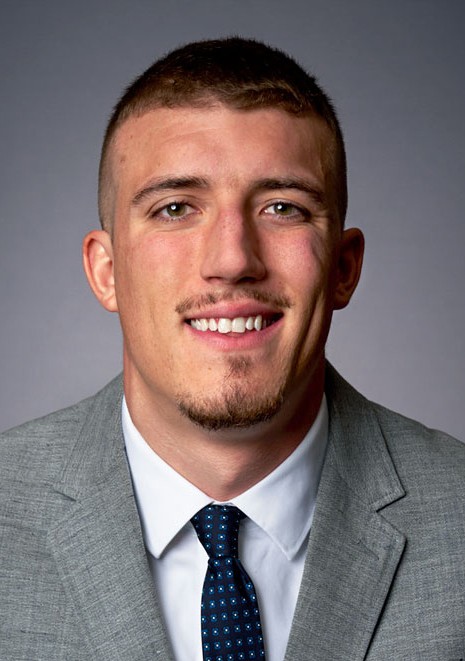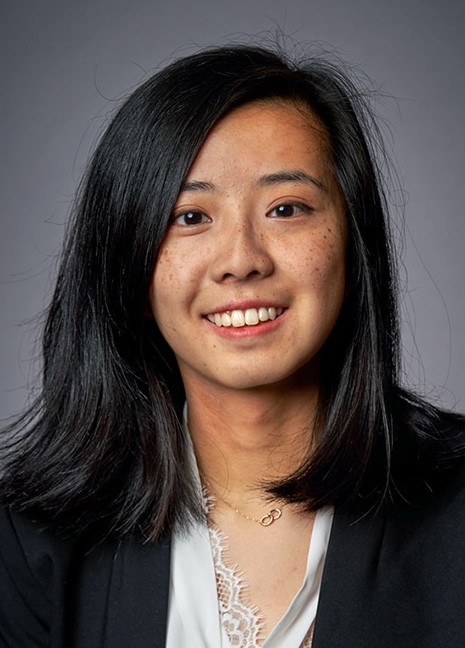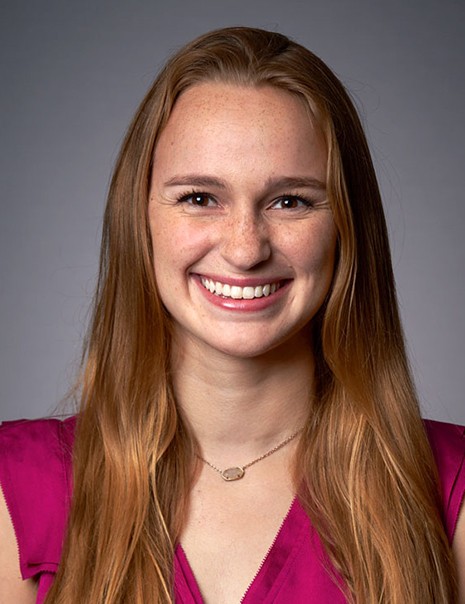Asylum clinic wins release for Cuban doctor detained by ICE
By Owen Lubozynski
In April 2020, COVID-19 reached the U.S. Immigration and Customs Enforcement (ICE) Detention Center in Eloy, Arizona. Dr. Merlys Rodriguez Hernandez, who had been detained there for six months, said she knew it would spread quickly.
Rodriguez Hernandez is originally from Cuba, where she and her husband, Lazaro, practiced medicine before they were forced to flee government persecution, she said. When they reached the U.S. border, they applied for asylum. Both were detained, in separate facilities, Merlys said. After eight months, Lazaro was granted protection from having to return to Cuba. Merlys’ petition, based on identical circumstances, was tried in a different immigration court – and denied, she said.
Cornell Law School’s Asylum Clinic took her case, under the direction of Stephen Yale-Loehr, professor of immigration law practice, and Ian M. Kysel, visiting assistant clinical professor of law. Law students Conor Bednarski, J.D. ’21, and Michelle Zhu, J.D. ’21, litigated an appeal to the U.S. Board of Immigration Appeals.
Meanwhile, Rodriguez Hernandez was trapped in a detention system raging with COVID-19, she said. She fell ill with the virus in May 2020 and spent 40 days in isolation, suffering from joint pain, body aches and severe diarrhea and confined to a cell she was expected to sanitize herself, she said. Tara Pilato, co-executive director emerita of the Weill Cornell Center for Human Rights at Weill Cornell Medicine, who consulted on the case, observed that “the conditions Merlys reported were not only inhumane, but against all best practices for caring for patients with COVID-19.”
“Watching this preventable tragedy unfold week after week, as we were told to shelter in place, was the hardest part of working on this case,” Bednarski said.
As the pandemic spread, Bednarski and Zhu tried to secure Rodriguez Hernandez’s release, and then supported a collaboration with pro bono counsel who filed a habeas corpus writ in federal court.
Kayleigh Yerdon, J.D. ’21, took the lead on the case during the fall 2020 term. With Spanish interpretation assistance from Cornell doctor of juridical science student Ana Ruival, LLM ’19, Yerdon won her client’s release on bond. Rodriguez Hernandez was released in October 2020, after 13 months in detention, Yerdon said.
“As a law student, being able to step into court for the first time via teleconference and win, knowing my client would walk free as a result, was just an incredible experience,” Yerdon said. She also took on Lazaro’s case, successfully litigating a motion to reopen his case, and eventually securing him asylum, she said. Yerdon was recently honored with the Law School’s Freeman Award for Civil-Human Rights, in part in recognition for her clinical work.
Meryls’ case shows that some of the most harmful flaws in the immigration system can be addressed by applying basic rights principles, Kysel said.
Rodriguez Hernandez and her husband are now living in Kentucky as they work to appeal the denial of her request for asylum. She said she hopes to become an advocate for immigrants who remain detained during the pandemic. Meanwhile, the legal team has continued its efforts to engage in other advocacy and to amplify the impact of their legal work on the doctor’s case, Kysel and Yale-Loehr said.
Recently, Rodriguez Hernandez told her story in a first-person essay in the New England Journal of Medicine, with the support of her Cornell Law clinic team and a team from the Weill Cornell Center for Human Rights, led by Pilato and Dr. Gunisha Kaur, assistant professor of anesthesiology.
“As one of our colleagues in the medical field, Merlys’ harrowing experience deserved attention from a medical-legal perspective,” said Pilato and Kaur. “The inhumane conditions in ICE detention centers have triggered some of the worst COVID-19 outbreaks in the country.”
In the piece, Rodriguez Hernandez wrote, “It is a bitter irony that while the first waves of the pandemic ravaged the U.S., I remained in a detention system when I could have made a difference to patients in a health care system in dire need of providers.”
Owen Lubozynski is a freelance writer for Cornell Law School.
Media Contact
Get Cornell news delivered right to your inbox.
Subscribe



